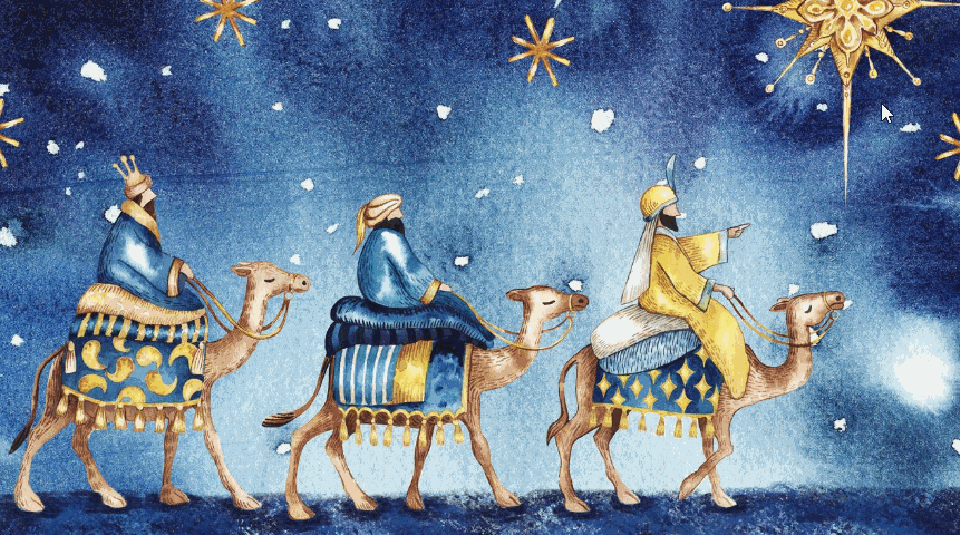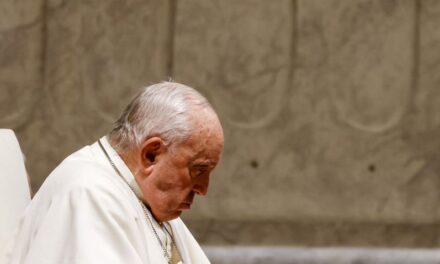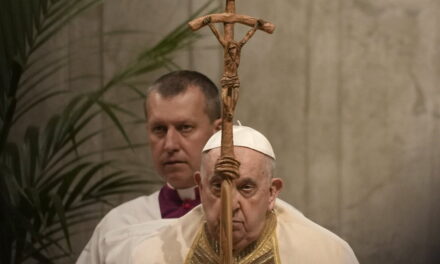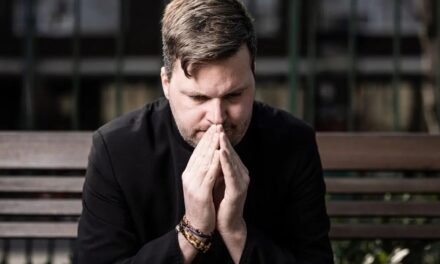Epiphany is one of the oldest Christian holidays, which the Catholic Church celebrates on January 6, as a mandated holiday. This day, the closing day of the twelve days from Christmas, is the beginning of the carnival. Eastern Christian churches, which use the old calendar, observe it on January 19.
Epiphany, also known as Epiphania ("epiphania Domini", "Appearance of the Lord"), is the celebration of the appearance of Jesus Christ. The name Hungarian water cross can be derived from the water consecration traditionally performed at this time.
Saint Clement of Alexandria reported that on January 6, the followers of the Gnostic Basilides (2nd century) celebrated the baptism of Jesus, because they believed that the man Jesus became the Son of God at baptism.
The Egyptians knew this day as the Nile Water Festival, according to which they drew water from the Nile and sanctified it. During the 3rd century, the church fathers wanted to clarify the theological content of the holiday.
Starting from the beginning of the 4th century, this day became a liturgical holiday and the custom of this quickly spread first in the East and then in the West. It began to spread among Christians between 312 and 325 as a celebration of Christ's birth, baptism, wedding in Cana and the visit of the Three Kings (wise men from the southeast). Later, the primary theme of the holiday became the baptism of our Lord in the East (this is what water consecration reminds us of), and the visit of the Three Kings in the West. According to the ceremonies of the Roman Church, water and incense were consecrated on this day. The name Hungarian water cross also comes from the ceremony of sanctifying water, i.e. baptizing it.
The Greek name of the holiday – epiphany, meaning appearance – refers to God appearing in his glory. The Epiphany reminds us that God appeared in Jesus Christ, came among us and brought us salvation.
At Epiphany, we remember three appearances of Jesus:
In the Eastern churches, the celebration of birth and epiphany were synonymous for a long time. Through the birth of Jesus, God appeared in the world. The glad tidings of the Savior's birth reached the pagans through the Eastern sages
When Jesus was baptized at the Jordan River, the words of the heavenly Father revealed the beloved Son and the Holy Spirit descended on Christ in the form of a dove.
The entire Trinity has revealed itself to humanity. With this, he added a new content to the purification of baptism by water, that the Messiah will baptize with the Holy Spirit.
Jesus manifested his divine power with his first miracle at the wedding in Cana: "He revealed his glory, and his disciples believed in him" ( Jn. 2:11). In this miracle, God shows his glory that he wants to help man, save him and finally redeem him. Man's answer is faith, trust in God.
Source: Felvidek.ma
Image: Meglepetes.hu













